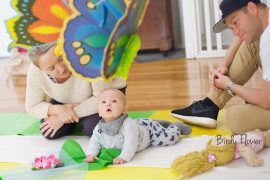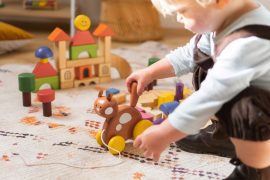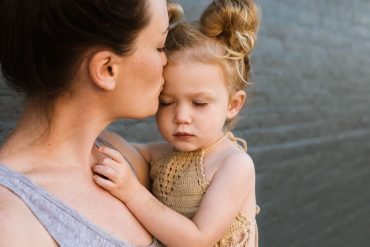By Emily Folk
For the most part, my childhood was pretty normal. I wished on shooting stars, prayed for snow and kept coming up with new ways to avoid Aunt Rose’s wet-cheek kisses. Neighborhood kids thought I was luckier than a four-leaf clover, though, just because I was homeschooled.
Homeschooling has its cons. The teacher is your mum, so it’s not even worth trying to pull anything over on her. You don’t get to ride the bus, and school holidays pretty much feel like any other day – except no assignments are due.
When people ask what it’s like to be homeschooled, I have trouble answering. If you have an identical twin, for instance, and folks want to know what it feels like to be a twin, you can’t meaningfully respond because you have no clue what it feels like not to be a twin!
I guess when you get right down to it, homeschooling is just an extension of life and learning anyway. I pursued a lot of special interests and spend most of my time with my family.
Maybe if I share the reasoning and philosophy behind homeschooling, you’ll be able to determine yourself how a home curriculum of experience-based learning might affect a child.
Why Homeschool?
Parents choose to homeschool their children for a variety of reasons. One of the most common is a desire to offer an optimal learning experience. Others include wanting to spend more time with their kids, develop deep relationships and take advantage of flexible scheduling.
I can attest to the learning part; my college entrance exam scores were high. Even though standardized tests lie nowhere near my comfort zone, I guess I crushed this one. In fact, my scores are indicative of the national average for homeschooled kids.
See next page for the rest of the article…











